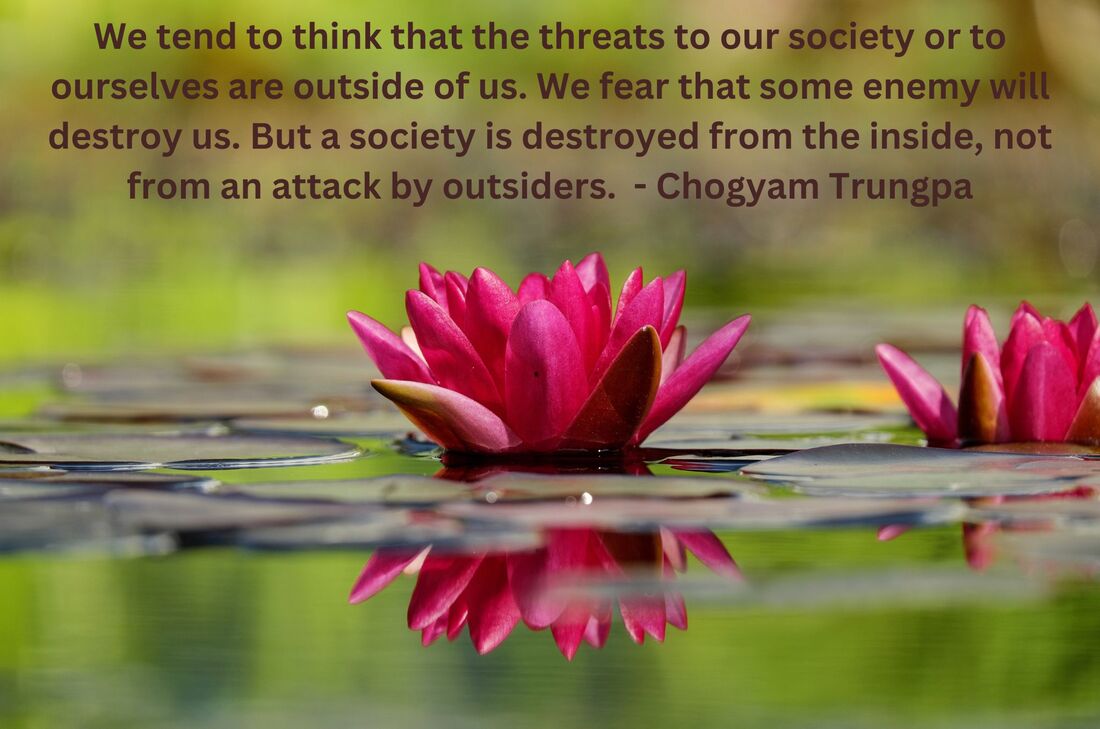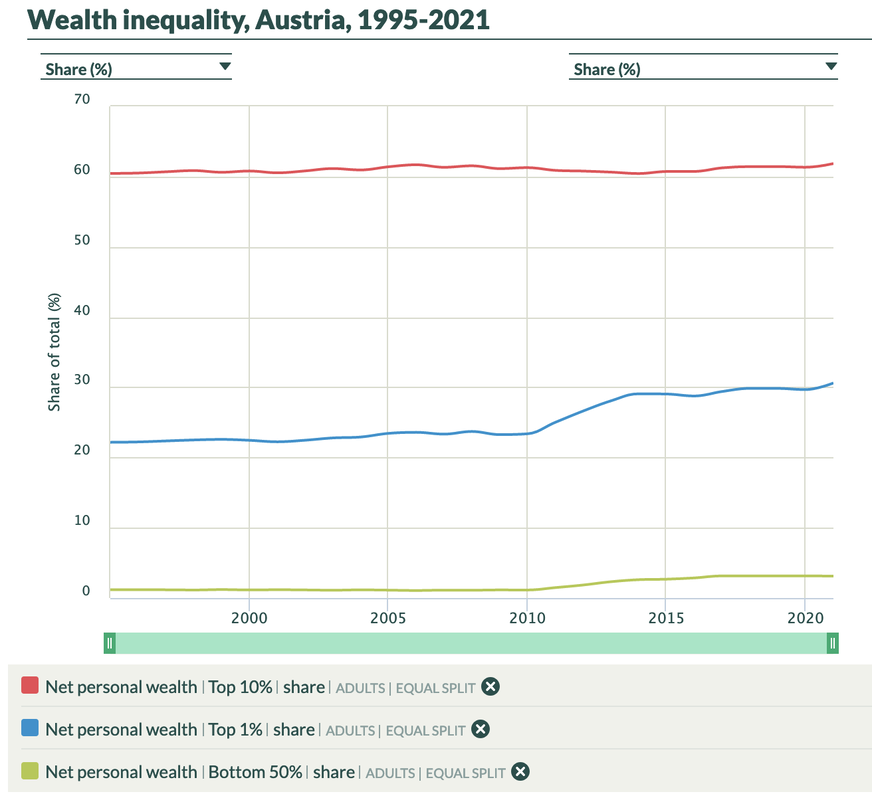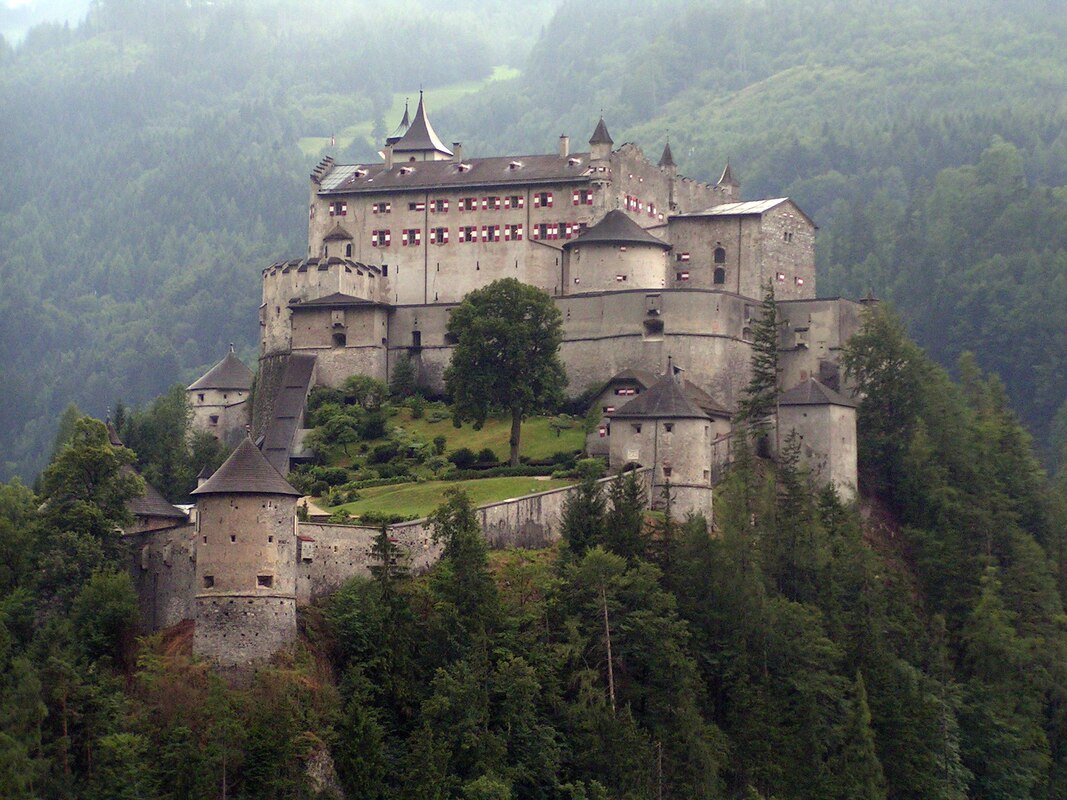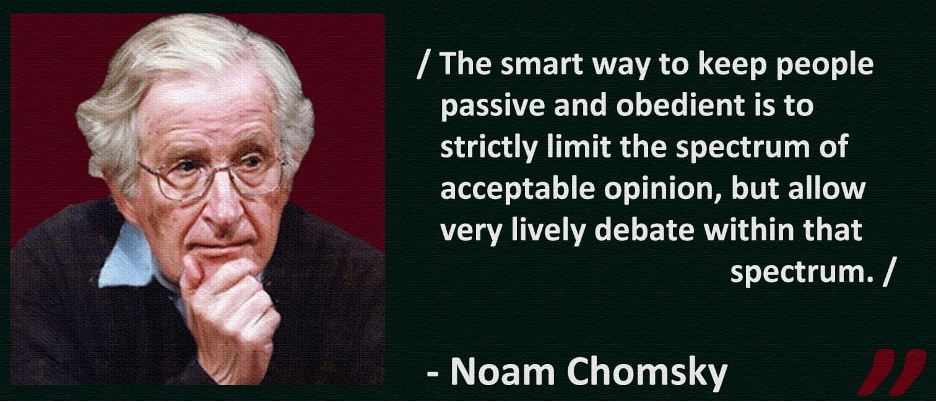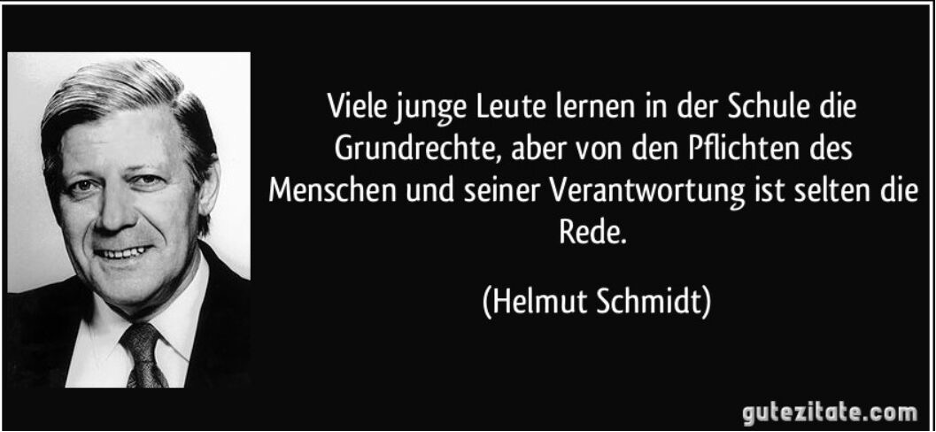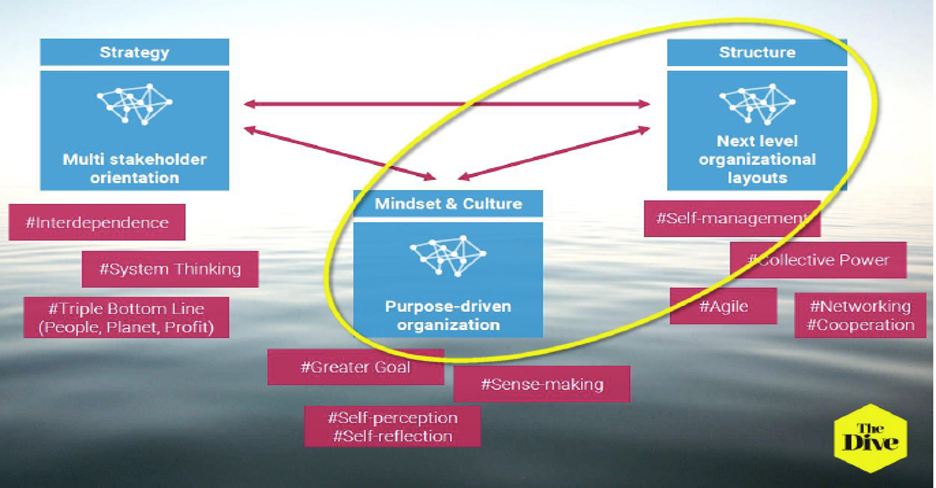Upon my return from a few days inspiring exploration of Morocco, where I tried to escape the European bubble of fixing the climate crisis with high-tech investments and also tried to get a fundamental understanding of Islam in one of its native countries, the bill board posters which cover the entire province reflect how much, indeed, democracy has left the path of purposefulness.
The saying goes, that democracy is the smallest evil amongst social orders. But as I ask our ten-year-old son, when he tells us after a school exam, that most of his classmates got lower grades than him: “Why don’t you compare yourself with somebody better or strive for something better? I remind everybody that there is much space for our democracies to improve. In almost every regard. There is no point in comparing one’s own society with those which fare worse.
So, what messages do we learn from the campaign posters, which create a visual cacophony all over the country? Three out of four mainstream parties reflect as a meta theme their inability of transforming themselves. Their slogans and their wording is not dynamic but static and will prolong the operation of a system which is clearly failing us. In a situation where more of the same will not bring about any improvement, we ought to recall what smart people tell us about progress and problem solving. Albert Einstein said that insanity is doing the same thing over and over again and expecting different results. Viktor Frankl said the same from a perspective of personal and collective dilemma: When we are no longer able to change a situation, we are challenged to change ourselves.
The Christian conservative party, which rules with an absolute majority in Austria’s largest province, is widely known as the workers union for millionaires. Like a chameleon this party has dropped its native color black for the colors of the state flag: yellow and blue. The change of color is program: “here we have the say” (hier haben wir das sagen). What voters could understand: we don’t want immigrants to dictate the terms of how we live. What voters should understand: here we rule, and we are not thinking about sharing power or even stepping down, despite rampant misgovernment.
The Social democratic party, which has an absolute majority in the provincial capital ever since, is in a coalition with the conservatives. Empty minded billboards communicate a similar lack of agility. An aging generation of politicians that does not understand the challenges which lie ahead regurgitates the same slogan over and over again: That’s us (so sind wir). Considering that social mobility has been eroding since the 1990s, there is nothing the socialists can be proud of. Whatever they have contributed to a more equal society after WWII, has almost entirely evaporated, generating graphs which remind of – sorry for not being politically correct – African dictatorships.[1]
The Greens appear as capitalist conservatives who lack – at least on their billboards - a distinct social dimension. The lack of this social dimension and this blind focus on green technologies could serve as a text book case for the black swan theory. The solution to the environmental crisis is to a large extent a social one. Having it not prominently on the political agenda, and I mean hear whipping up the electorate with core messages about a new social agenda, makes me miss political vision and wisdom.
- SHARED POWER
Which part of society can still make productivity gains to make it more efficient and (if necessary) competitive against other systems (like Putin’s Russia)? Nobody dares to speak about a far too expensive political system which hails from the18/19th cty when industrialists and landowners wrested political power from aristocrats.[5] We need another transformation of our democratic machinery which distributes power to every citizen in form of dynamic citizen councils instead of relatively static elected political assemblies and make use of modern communication technology to create widest possible participation in decision making on local, regional and if people believe that we still need nation states also on national and supranational level. [6]
If we don’t, we jeopardize democracy itself. If we don’t, the western civilization will fail as a model in competition against the Confucian model which has been modernized by China through upgrading its system with communication technology[7] and adaptive governance[8] during the last decade. If we don’t, we threaten the survival of our children because the established system reacts too slow to act efficiently in the face of climate change and biodiversity collapse. If we don’t, we admit that politics doesn’t understand how to deal with ecology.[9]
We need to talk about an overhaul of democracy[10] which means that many politicians must sacrifice their jobs for the survival of the next generation, and financial and commercial elites must share their wealth with others in order to create spheres of justice like legal philosopher Michael Walzer once famously wrote. Those in power are mostly not ready.Since those in power are mostly not ready, a braveheart-like revolution seems to be a viable alternative to climate collapse. That’s why we witness the emergence of organizations like Extinction Rebellion or Fridays for Future. Are there no other strategies to follow?
2. SHARED WEALTH
How should we share wealth and use this shared wealth to create social cohesion[11] which translates to environmental protection? Statistics and qualified literature show that wealth is being concentrated increasingly in the hands of a few; not only globally but also within societies which once were considered equal and fair[12]. Social mobility declines strongly and during COVID19 tech driven corporations have made billions with the hardship and isolation of the people.
We operate our economies in vastly complex taxation systems which require armies of well-paid government officials, lawyers, tax consultants, CFOs and accountants in order to tweak numbers while genuine contribution to society’s well-being in education and health care, is not paid fairly or not at all. Those corporations which gross profits acquire climate certificates to greenwash themselves and create a general perception as if everything is ok. Its not.[13]
We create a labor market for the youth which is absolutely unattractive or guides them into a lifelong trap: working for profit and power instead of purpose and passion. Shouldn’t we build a civilization by rewarding the jobs which we think are meaningful rather than allowing professions which generate little or no social and environmental benefits by hauling in fortunes? Why are the products of three of the five richest Austrians detrimental to human health and social wellbeing?[14]
Red Bull founder Dieter Mateschitz made billions with a sweet energy drink and high risk sporting events shaping a culture of mindless acceleration.[15] Novomatic founder Johann Graf made billions by automating and spreading gambling addiction.[16] Signa founder Rene Benko made billions carving up public and corporate real estate assets in prime locations and thereby driving housing expenses for the average population into unaffordability.[17]
These examples can be replicated in any given democracy showing that democracy is failing us in the promotion of progress and development.[18] What does it take for public policy to make wise and far sighted decisions, to guide entrepreneurs to add value to society, to guide youth to invest their lives into collective growth rather than destructive narcissism? When will we start to reward with a conditional basic income our individual contributions to a better society and make it impossible for ruthless capitalists to burn the fabric which connects us?
The technological productivity gains of the last 50 years must translate into a conditional basic income which rewards social and environmental contribution; and people need to be motivated to stay in jobs by paying them fairly. This is only possible when we start to fine those who destroy society with their behavior, products and services. While Germany has adopted a minimum salary of EUR 12 per hour, Austria is devoid of this basic form of economic fairness.
There is no law which regulates a minimum salary, but there are industry specific directives which have been negotiated by the federal chamber of commerce with respective industry representatives. As a result, the monthly minimum salary for most employees is EURO 1500 gross or about EUR 1200 net if paid 14 times a year. This translates to an hourly minimum salary of EUR 11.4 gross or 9.1 net on the basis of 1840 annual working hours. In reality, however much lower salaries are being paid.[19]
Recent inflation has increased the monthly expenses for a family with two children to around EUR 4000 and high demand in real estate has made it almost impossible to own a home. So, shared power, shared wealth and shared responsibility are the three subjects for an empathetic campaign. Political parties which don’t have these three issues in their program or on their posters are not a real choice. They will only extend the status quo but won’t bring the transformation we dearly need.
- SHARED RESPONSIBILITY
I am of the deepest conviction that a conditional basic income which connects shared wealth with shared responsibilities will help us to create common ground for joint action. As long as social welfare payments and services are not being used to motivate sustainable behavior, it will be difficult to create the economic incentives which support a transformation towards sustainability and, effectively, survival.
How did Carl Sagan once write in Cosmos:[20]
Human history can be viewed as a slowly dawning awareness that we are members of a larger group. Initially our loyalties were to ourselves and our immediate family, next, to bands of wandering hunter-gatherers, then to tribes, small settlements, city-states, nations. We have broadened the circle of those we love. We have now organized what are modestly described as super-powers, which include groups of people from divergent ethnic and cultural backgrounds working in some sense together — surely a humanizing and character building experience. If we are to survive, our loyalties must be broadened further, to include the whole human community, the entire planet Earth. Many of those who run the nations will find this idea unpleasant. They will fear the loss of power. We will hear much about treason and disloyalty. Rich nation-states will have to share their wealth with poor ones. But the choice, as H. G. Wells once said in a different context, is clearly the universe or nothing.
[1] https://wid.world/country/austria/
[2] https://www.teachforaustria.at/unsere-vision/die-herausforderung/
[3] https://www.pwc.com/gx/en/services/sustainability/assets/pwc-the-state-of-climate-tech-2020.pdf
[4] Director Alexander Payne gave an answer to this question in his 2017 comedy drama Downsizing
[5] its ten years ago that I reviewed national elections and wrote a brief history of Austrian party history and the prolonged decentralization of political power: https://www.darkmatteressay.org/analyse-nr-wahl-2013.html
[6] as proposed by Helene Landemore in her book Open Democracy: https://politicalscience.yale.edu/publications/open-democracy-reinventing-popular-rule-twenty-first-century
[7]http://www.mycountryandmypeople.org/01-blog-2133823458/-wechat-governance-20-good-wechat-governance
[8]https://dash.harvard.edu/bitstream/handle/1/30821257/Embracing_Uncertainty.pdf
[9] Aldous Huxley, The Politics of Ecology
[10] On the suffocating effects of outdated bureaucracy and institutions: https://www.ted.com/talks/barry_schwartz_our_loss_of_wisdom
[11] Emile Durkheim on Anomie, Francis Fukoyama on Social Capital
[12] Thomas Piketty, Capital in the 21st Century
[13]https://www.zeit.de/2023/04/co2-zertifikate-betrug-emissionshandel-klimaschutz
[14] https://www.forbes.at/artikel/DIE-REICHSTEN-ÖSTERREICHER.html
[15] https://en.wikipedia.org/wiki/Red_Bull
[16] https://en.wikipedia.org/wiki/Novomatic
[17] https://en.wikipedia.org/wiki/Signa_Holding
[18] many have written about the loopholes for the rich in the democratic fabric, Oliver Bullough has produced two excellent accounts: Moneyland (2018) and Butler to the World (2022)
[19] https://www.123people.at/mindestlohn/
[20] Carl Sagan, Cosmos
[21] compare Martin Seligman on Learned Helplessness
